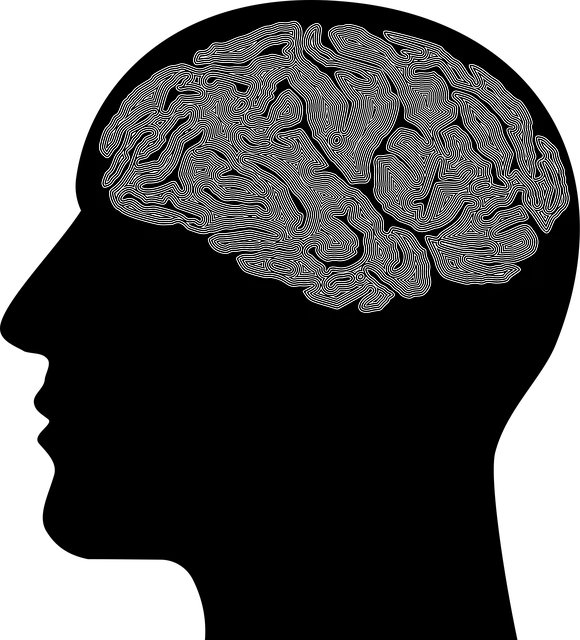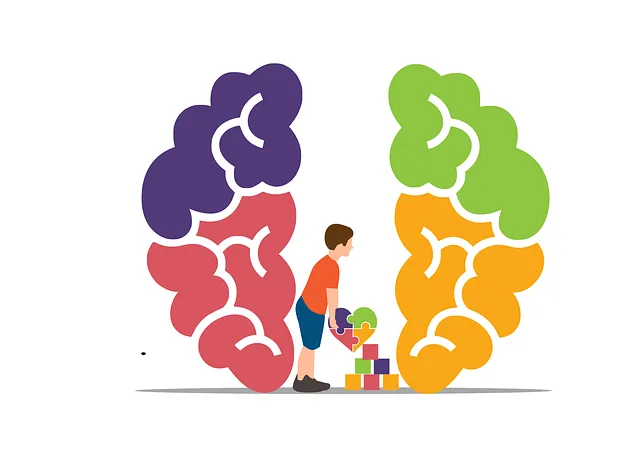Kaiser Permanente Mental Health Aurora (KP MH Aurora) prioritizes cultural sensitivity in its services, recognizing diversity as a key driver for positive patient outcomes. They achieve this through multifaceted strategies such as cultural competence training for staff, fostering emotional intelligence, and promoting burnout prevention. KP MH Aurora's teams mirror the diverse backgrounds of their patients, ensuring respectful and culture-aware care that aligns with individual values. This holistic approach not only improves treatment outcomes but also strengthens the bond between healthcare professionals and the communities they serve, contributing to a comprehensive mental health education program and stigma reduction efforts.
In today’s diverse society, cultural sensitivity in mental healthcare is paramount for effective patient care. This article explores the importance of understanding cultural diversity within Kaiser Permanente Mental Health Aurora (KP MH Aurora) and its impact on patient outcomes. We delve into the challenges posed by cultural insensitive practices and present strategies to enhance cultural competency. Additionally, we discuss building culturally competent teams at KP MH Aurora as a step towards improving patient experiences, ensuring every individual receives tailored, respectful care.
- Understanding Cultural Diversity in Mental Healthcare: A Need for Sensitivity at Kaiser Permanente Mental Health Aurora
- The Impact of Cultural Insensitivity on Patient Care and Outcomes
- Strategies to Incorporate Cultural Sensitivity in Clinical Practice at KP MH Aurora
- Building Culturally Competent Teams: A Step towards Enhancing Patient Experiences at Kaiser Permanente Mental Health Aurora
Understanding Cultural Diversity in Mental Healthcare: A Need for Sensitivity at Kaiser Permanente Mental Health Aurora

At Kaiser Permanente Mental Health Aurora, acknowledging and embracing cultural diversity is not merely a moral imperative but a fundamental aspect of delivering effective mental healthcare services. The community we serve is incredibly diverse, with individuals from various ethnic backgrounds, religions, and cultural traditions seeking support for their mental well-being. This rich tapestry of cultures brings both unique challenges and opportunities to our practice. Understanding that everyone’s experience of mental health issues is shaped by their cultural context is crucial in providing sensitive and inclusive care.
By fostering cultural sensitivity, Kaiser Permanente Mental Health Aurora aims to create a safe space where individuals feel comfortable discussing their concerns and seeking help. This involves adapting therapeutic approaches to be culturally relevant, ensuring accessibility, and promoting trust between patients and healthcare providers. Through initiatives like mindfulness meditation sessions tailored for different cultural needs or mood management programs sensitive to various life experiences, we strive to offer evidence-based practices that resonate with every patient. Such personalized care not only improves treatment outcomes but also helps in providing anxiety relief, a key concern many of our patients share.
The Impact of Cultural Insensitivity on Patient Care and Outcomes

In the realm of mental healthcare, cultural sensitivity is paramount to ensuring effective patient care and positive outcomes. Kaiser Permanente mental health Aurora, for instance, emphasizes this aspect as a cornerstone of its services. When practitioners fail to consider a patient’s cultural background, it can lead to miscommunication, mistrust, and even harm. For example, different cultures may have unique expressions of distress or specific beliefs about mental illness, requiring tailored approaches to diagnosis and treatment.
Cultural insensitivity can hinder patients’ willingness to seek help, impact their engagement in therapy, and influence the overall success of interventions. It also perpetuates existing disparities in care, disproportionately affecting marginalized communities. To counter these challenges, mental health professionals must actively incorporate cultural competency into their practices. This involves educating themselves on diverse cultural contexts, engaging in ongoing training, and adapting evidence-based strategies to be inclusive and effective for all patients, regardless of their background or identity. Such efforts contribute to the design of comprehensive Mental Health Education Programs and Mental Wellness Journaling Exercise Guidance, ultimately aiming to reduce the stigma surrounding mental illness and foster more supportive environments within Aurora’s healthcare landscape.
Strategies to Incorporate Cultural Sensitivity in Clinical Practice at KP MH Aurora

Incorporating cultural sensitivity into clinical practice at Kaiser Permanente mental health Aurora (KP MH Aurora) involves a multifaceted approach aimed at enhancing patient care and fostering inclusive environments. One key strategy is cultural competence training for healthcare professionals, focusing on building emotional intelligence to better understand and respond to patients’ unique cultural backgrounds and experiences. This includes learning about diverse communication styles, values, beliefs, and potential barriers to treatment.
Additionally, KP MH Aurora emphasizes the importance of burnout prevention by promoting self-care practices among its staff. By nurturing the mental wellness of healthcare providers, the organization ensures they can offer their best support to patients from all walks of life. This holistic approach not only benefits individual practitioners but also contributes to a more culturally sensitive and effective clinical environment at large.
Building Culturally Competent Teams: A Step towards Enhancing Patient Experiences at Kaiser Permanente Mental Health Aurora

At Kaiser Permanente Mental Health Aurora, recognizing the diverse cultural backgrounds of patients is a cornerstone of their approach to enhancing patient experiences. To this end, they actively build culturally competent teams that reflect the communities they serve. This strategic move is a significant step towards ensuring every patient receives care that respects and incorporates their unique cultural values and beliefs. By fostering an environment where healthcare providers are trained in cultural sensitivity and equipped with burnout prevention strategies, Kaiser Permanente Mental Health Aurora aims to create a space of resilience building and self-awareness exercises for both staff and patients. This holistic approach not only improves patient outcomes but also fosters stronger relationships between mental health professionals and the communities they are dedicated to serving.
Cultural sensitivity is not just a preference in healthcare—it’s an imperative, especially within organizations like Kaiser Permanente Mental Health Aurora. By understanding and addressing cultural diversity, KP MH Aurora can significantly improve patient care and outcomes, as evidenced by their implemented strategies and commitment to building culturally competent teams. This approach ensures that every patient receives respectful, effective treatment tailored to their unique background, fostering a more inclusive and healing environment at the core of mental healthcare services.






